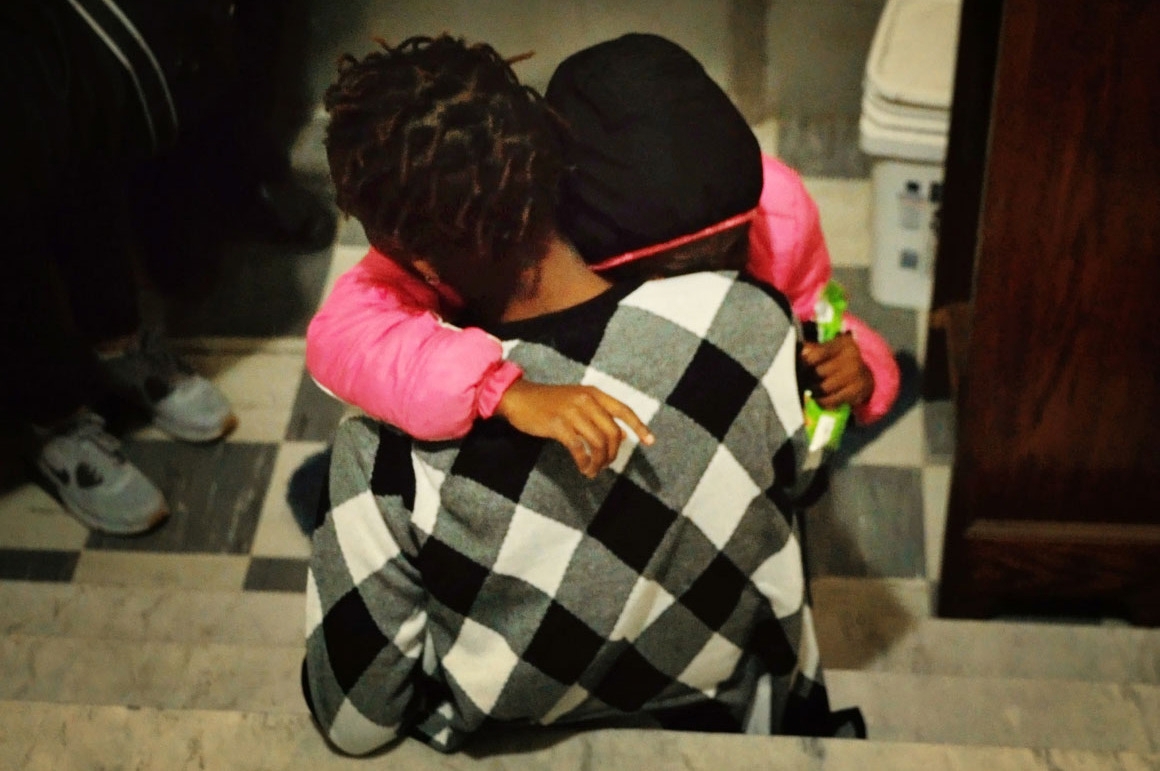Settling the Ms. L. Case
The family separation crisis began in 2017 and continued through 2020. While the issue has long since fallen out of the news, the more than 5,000 affected families are still struggling with the challenges of establishing themselves in the United States after what they endured.
Meanwhile, litigation in Ms. L. v. ICE, which blocked most family separations as of June 2018, has continued. For more than five years, the Federal District Court for the Southern District of California has overseen ongoing efforts to find and reunify separated family members. For the past couple of years, the parties, represented by the ACLU (for the class of separated families) and the U.S. Department of Justice (for the government), have been negotiating a settlement.
We worked extensively to tighten the language that restricts the government’s discretion to separate families for eight years following the court’s final approval of the settlement.
On behalf of Kids In Need of Defense (KIND), Safe Passage Project, The Door, Together & Free, the Young Center for Immigrant Children’s Rights, and other leading advocates for the separated families, Lowenstein reviewed and commented on the draft settlement as it developed over time. We advised on and improved several sections, including one that expands the class to include families who were formerly excluded under the court’s class certification order. We ensured that children newly added to the class would have an independent voice in decisions about whether to reunify with their parents, pursue lawful immigration status, or accede to removal. In addition, we worked extensively to tighten the language that restricts the government’s discretion to separate families for eight years following the court’s final approval of the settlement.
Most recently, we worked with our nonprofit clients and several separated families to persuade the parties to extend an unworkable deadline. As proposed, the settlement gave many class members just one year to file their asylum applications or to move to reopen their immigration cases. The settlement guarantees them a range of legal services including individualized consultations and counseling, document preparation and filing, accompaniment to immigration court, new self-help resources, and a program to connect families with pro bono counsel and train and support pro bono volunteers.
Despite agreeing to these provisions, the government did not take the steps necessary to ensure that the promised legal services would be available as of the final approval of the settlement. Without these services, class members would have no realistic prospect of being able to file their asylum cases or motions to reopen within one year. After weeks of advocacy, we finally persuaded the government to agree to extend that deadline to two years, allowing the families time to secure the legal help they will need. The final settlement, approved by the court on December 11, 2023, codifies this extended deadline.

Photo by Hope Hall, courtesy of the American Civil Liberties Union
